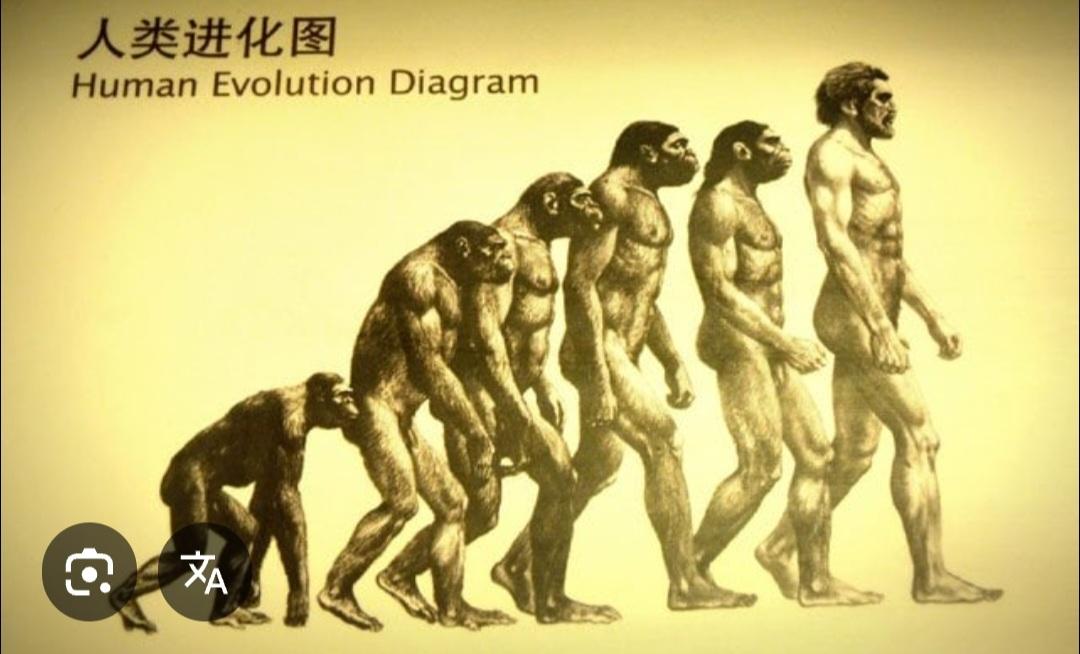The history of evolutionary thought is a journey from early speculation to the modern, well-established scientific theory of evolution by natural selection. While early ideas about the transformation of species were present in ancient Greek writings, the formal scientific theory was developed in the 19th century by Charles Darwin and Alfred Russel Wallace.
Early Concepts and Theories:
Ancient Greek Philosophers:
Anaximander and Empedocles proposed ideas about animal transformation and the combination of pre-existing parts.
Medieval and Early Modern Period:
The concept of evolution was debated, with arguments for and against the idea that species could change over time.
18th and 19th Century:
Thinkers like Lamarck, with his theory of inheritance of acquired characteristics, and others proposed different explanations for evolution before Darwin and Wallace.
Darwin and Wallace's Theory:
Natural Selection:
Darwin and Wallace independently developed the theory of evolution by natural selection, proposing that individuals with traits better suited to their environment survive and reproduce more successfully, leading to changes in species over time.
Common Descent:
Darwin's theory also included the concept of common descent, meaning that all species share a common ancestor.
Empirical Evidence:
Darwin synthesized evidence from various fields like animal husbandry, biogeography, and paleontology to support his theory.
On the Origin of Species:
Darwin's 1859 book detailed his theory and presented a wealth of evidence for evolution.
Post-Darwinian Development:
Early Acceptance:
While the idea of evolution was quickly accepted, the specific mechanism of natural selection faced resistance until the 20th century.
Modern Synthesis:
Developments in genetics and other fields in the 20th century led to the modern synthesis of evolutionary biology, incorporating natural selection, genetics, and other disciplines.
Ongoing Research:
Evolutionary biology continues to evolve with new discoveries and technologies, such as molecular biology, providing further evidence and understanding of the evolutionary process.

